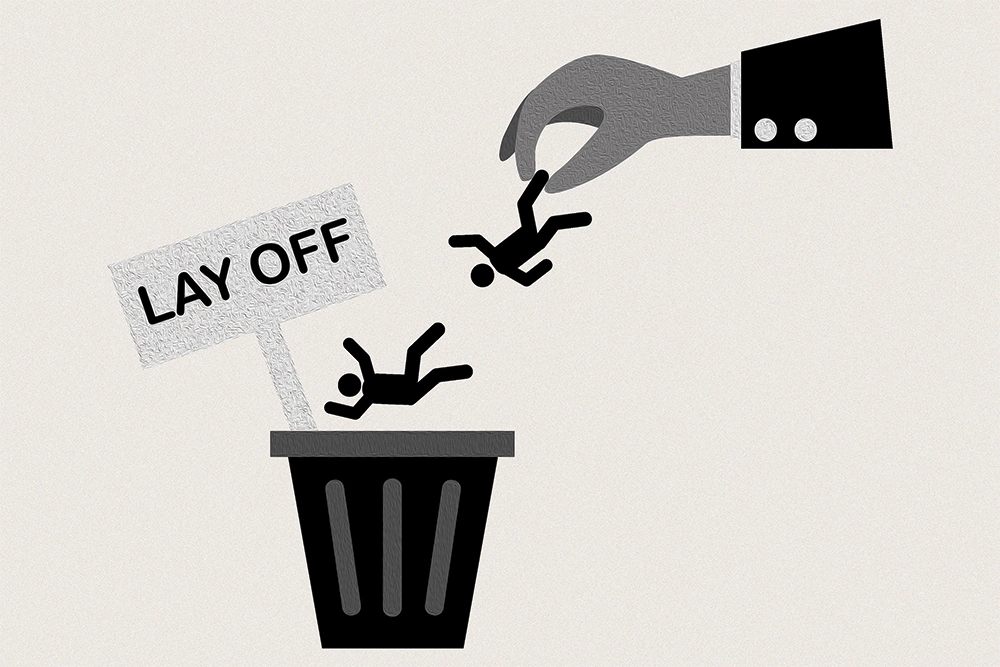One And One Can Make Eleven
…if young managers use mind and faith during crisis
Fear, like wind, is invisible. It knows no boundaries. Therefore, its effect can be felt far and wide. Covid is today the world’s most globalised sentiment. Fright, anxiety, uncertainty, confusion, erosion of faith and loss of trust are its most common symptoms. No domain of human life has been spared of this dreaded syndrome.
In keeping with this column’s basic character, I will be focusing on business and its practitioners. Travails being faced by young managers are bothering me the most. Having seen far fewer springs than old business hands, the youngsters seem to be at their wits end. But this is anything but their criticism. Hardly had they started their careers that they have been hit by the planet’s worst crisis.
In times of adversity, the young usually look up to their elders, seniors, mentors and governments. That is the way the world functions. That is the way we have been brought up. Long-term guidance and support by the older generation is a given more so in Nepal and neighbouring countries with strong family values. This culture covers our business sector too. Relationships matter a lot. The business owner is seen as a father or mother figure. And parents and their progeny cannot sever ties as clinically as is the practice in the West. Job cuts, salary reduction, business closures and other worse consequences of rampant Covid virus are, therefore, all the more painful in Nepal.
Covid is claiming lives as a feeble public health infrastructure is crumbling because of the dreaded disease’s deadly blow. With no remedy available currently and a possible vaccine far on the horizon, Covid has become more of an economic catastrophe than a health crisis. Protective lockdowns have brought the wheels of our economy to a grinding halt. Unfortunately, the choice has driven down to death by Covid or by hunger for the masses. The saving grace is the low mortality and high recovery rates in Nepal.
The young Nepali manager is witnessing the scenario with horror. Experts assert that worse is yet to come. India and many Western countries are buckling under the onslaught of a second or third wave of Covid.
Epidemiological studies hint at emergence of deadlier viruses in the future what with mankind exploiting nature relentlessly. Wildlife-based viruses are all set to invade our cities.
Let us not forget that the virus entered the human system as bat and pangolin meat flooded Chinese wet markets. Sanitary measures are stricter now but one cannot alter the dietary habits the world’s most populous country easily. As they say, anything which moves is eatable not only in
China but in many other South East Asian countries. It is a matter of culture stretching back to millennia.
With despair being the reigning sentiment, the young Nepali manager is evaluating rapidly deteriorating business with skepticism, doubt and distrust. As jobs vanish and salaries get slashed the executive is discovering his dreams getting dashed. The deep-rooted belief of job for a life time is turning into a chimera. I am not surprised that the youngsters have started blaming companies and their promoters. In a country where big business has never been given its pride of place such blame game is obvious. The ruling Leftist dispensation and its followers, even if unwittingly, strengthen this mentality. However, the corporate world has always been a soft target even in capitalist and free market economies.
Blame if you must but do suggest solutions as well, I say. Instead I come across only deathly silence. This speechlessness speaks volumes about the state of things and things of the State in Nepal. Breaching trust is easy; rebuilding it is difficult, very difficult.
Managers need to be rational while keeping faith also. Only faith will offer hope of better times. Unbiased analysis will make youngsters understand the root cause of the present crisis. The two together will equip them to give their best when better times return and make their companies prosper again. Enterprises and managers are not mutually exclusive. They fall and rise together. Their destinies are intertwined. One and one can make eleven.
The author is a poet and writer and also Chairman of BLC and Basant Chaudhary Foundation. Views are personal







